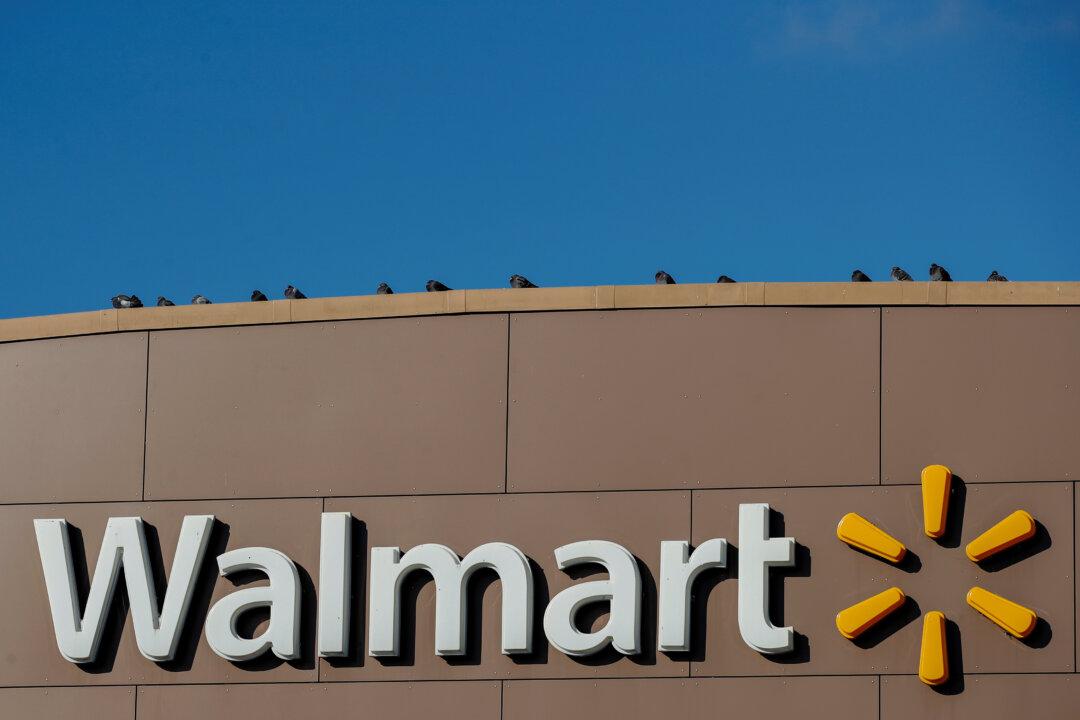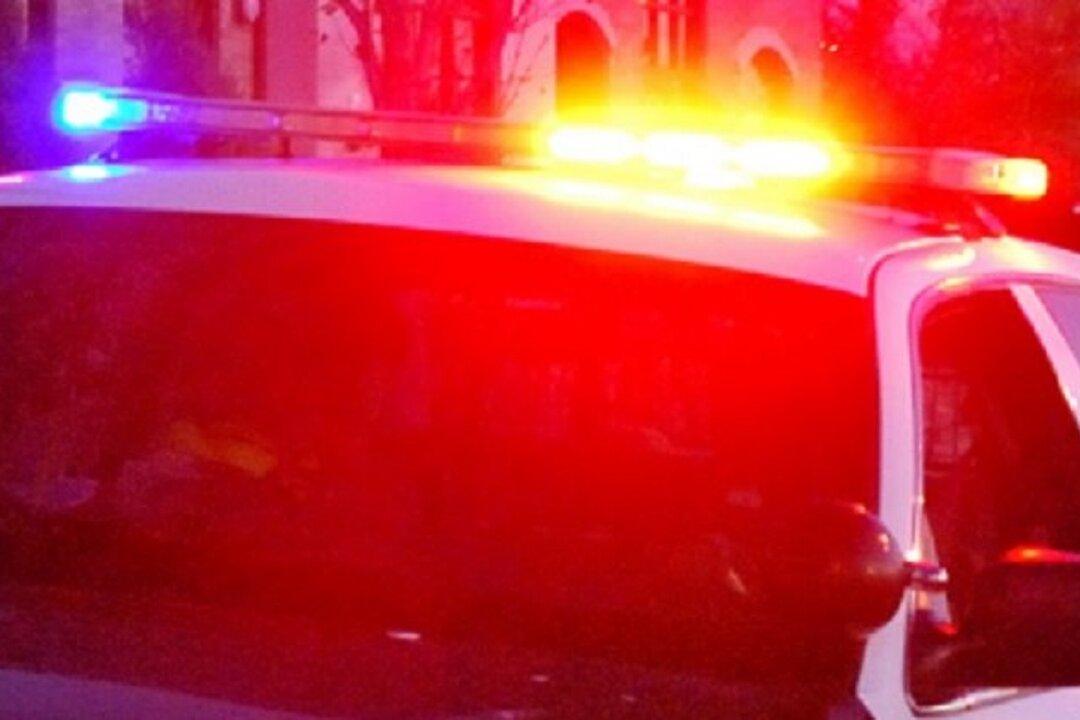Lawmakers grilled a top executive from Ticketmaster’s parent company on Tuesday at the Senate Judiciary Committee’s hearing after the service’s mishandling of Taylor Swift’s concert ticket sales in November.
Senators Amy Klobuchar (D-Minn.) and Mike Lee (R-Utah) called upon leading ticketing agency executives as witnesses to the Senate Judiciary Subcommittee on Competition, Antitrust and Consumer Rights.




